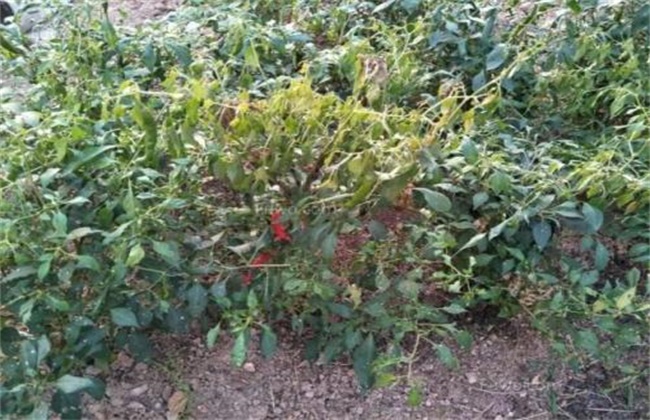How to increase the yield of carrots
Carrot is a common vegetable in people's life, which is rich in unique carotene and is a consumptive vegetable for daily consumption. In order to achieve greater economic benefits, planting needs to improve the output and ensure the quality, so the following content is how to increase the output through specific measures in production.

1. Site selection and seed selection
When planting, the land with flat terrain, rich organic matter, convenient drainage and irrigation and no continuous cropping is selected for rotation. Control the source of bacteria and improve the growth quality. Select varieties that are suitable for local climate and ecology, have strong disease resistance and are not easy to bifurcate, such as those from the National vegetable Engineering and Technology Research Center, Hongxin No. 6, Japan's Kuroda improved variety series for planting in autumn, and Newton and Dutch carrots for planting in the greenhouse.
2. Sowing method
Spring planting takes place from November to the beginning of December, autumn planting from June to July, ploughing deeply before planting, ploughing twice with a rotary tiller, drying the soil for three days or spraying pesticides to kill underground pests. After leveling the land, artificially set up a ridge about 20 to 30 centimeters wide and 30 centimeters high, leaving a sowing ditch 20 centimeters wide and 30 centimeters deep. Conducive to drainage and ventilation, nutritional needs, shallow sowing of fine soil, or covered with edible fungus residue, gently press the soil to prevent Rain Water from scouring. When sowing carrots in autumn, the growth is slow. Spray Shi Tianpu before emergence to avoid the growth of weeds.
3. Field management
Spring sowing carrots will emerge about 10 hours after sowing, and the temperature for planting in the greenhouse must be controlled below 30 ℃. Autumn sowing is to accelerate sprouting and sowing, and about 6 hours after sowing, seedlings emerge. Three true leaves should be irrigated and moisturized, the seedling height is about 4cm during a growth week, the plant distance of two true leaves is about 4cm cm, the height of interseedling is about 10cm, when there are four true leaves, the plant spacing is 5cm, when there are six true leaves, the third seedling, the plant spacing is 14cm.
It is necessary to use mature farm organic fertilizer before planting, and nitrogen, phosphorus and potassium compound fertilizer can also be applied to increase meal according to soil fertility. Two months after sowing, the fleshy root enters a period of rapid growth and expansion, which requires a large supply of water and fertilizer, and compound fertilizer can be applied, about 40 jin per mu of land. In the early stage, the water control allows the root to be rooted, drip irrigation or empty spray in the middle stage, and depends on the weather in the later stage. The main diseases and insect pests of carrots are bacterial soft rot, black rot, fennel butterfly, cotton bollworm and so on. It is necessary to focus on prevention and control, copper hydroxide can be used in the early stage of bacterial soft rot, copper complex can be sprayed in the early stage of black rot, and fipronil can be used in the control of cotton bollworm and fennel butterfly.
The growth of carrots can be adjusted through some of the above methods to achieve the expected high-yield demand, learning the above theory and combined with their own actual situation to deal with specific operation, I believe that will be able to achieve a substantial increase in carrot production.
Related
- Where is it suitable to grow horseradish in China? it is expected to see the middle altitude horseradish in Alishan.
- How to prevent tomato virus disease reasonably? (Control methods included)
- Many people like to plant towel gourd on the balcony. What are the main points of this method and management?
- What crops can chili peppers be mixed with?
- Fertilization techniques and matters needing attention in Tomato
- What are the grafting techniques for peach seedlings in spring?
- Harm and control methods of root swelling disease of Chinese cabbage
- What are the pests of sweet potatoes? How to prevent and cure it?
- Symptoms, causes and Control methods of navel Rot in Tomato
- The cause of "Cucumber rotten bibcock" in Farmers' planting Cucumber and its Control Plan



